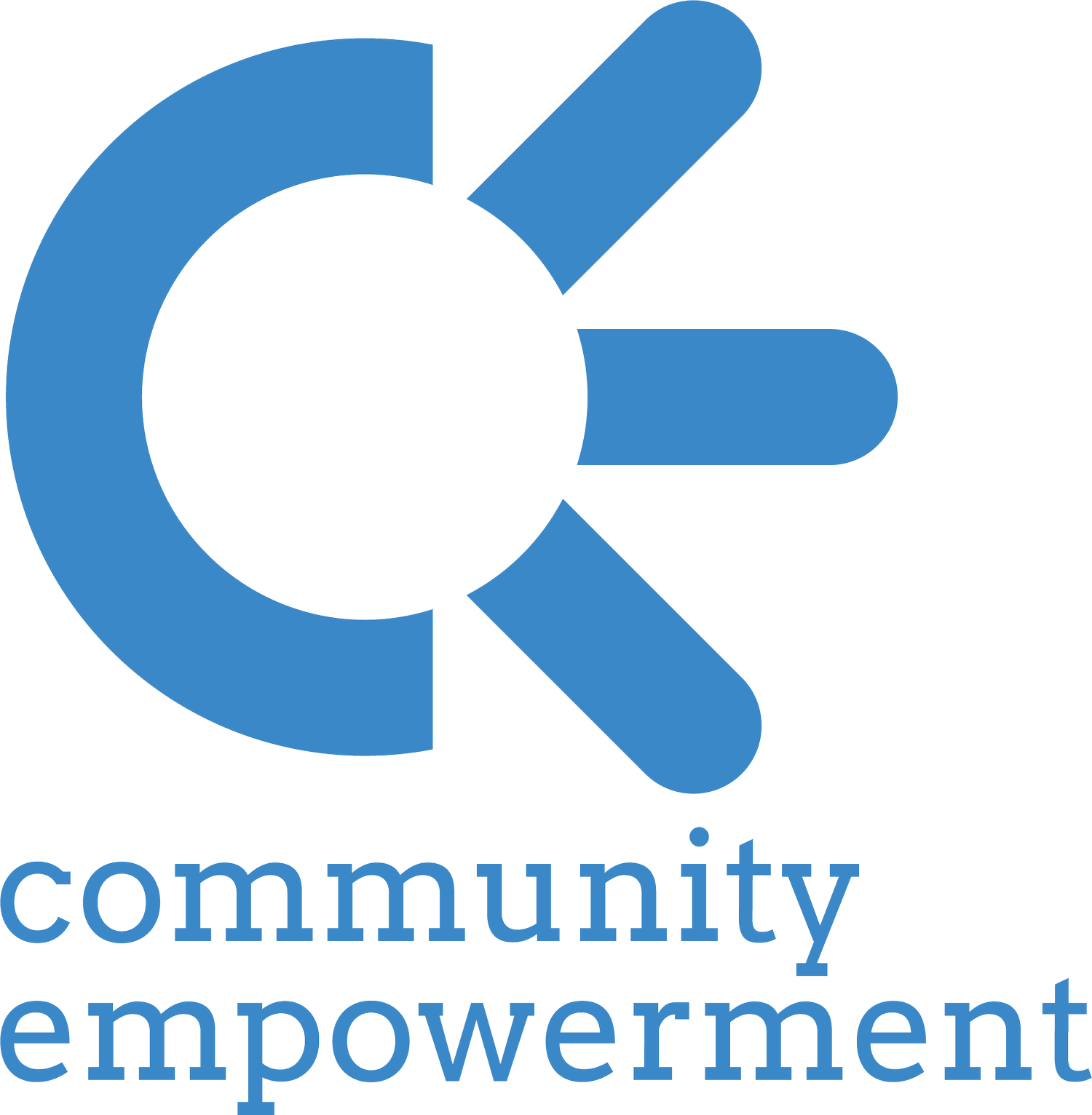Diabetes Program Launch!
A new project is underway in Haiti and the Dominican Republic! Jessica Vlaming, a PA and faculty member at Rush University Medical Center, has been awarded a Robert K. Pedersen Global Outreach Endowment to develop and implement a diabetes screening program. Currently, providers use point-of-care glucose testing to diagnose and manage diabetes. A single glucose test can be problematic since it only captures one point in time, and often patients are not fasting at the time of the test, which can distort the results. This new screening program will use a combination of glucose testing and point-of-care Hemoglobin A1c testing. Screening will be available for all adult patients with risk factors for diabetes such as obesity or a family history of diabetes. Patients who meet criteria will be screened in triage so that their results are ready for their visit with the provider. A point-of-care Hemoglobin A1c test is quick and easy. It only takes a small drop of blood and results are available in six minutes.
“Previously, patients have been generally unable to receive screening for diabetes, even if they have known risk factors.”, said Vlaming. “Diabetes can be managed effectively when detected early, but it is impossible for medical teams to intervene if they are not able to detect it. So hopefully this gives our teams an ‘early intervention’ point, which would even include increased education on diabetes risk factors.
Vlaming successfully completed the pilot program on the February primary care trip to Villa Verde. Approximately 200 patients were screened. Of these, there were 8 diagnosis of diabetes or pre-diabetes that otherwise may have been missed. Additionally, community leaders identified patients with known diabetes. They received point-of-care Hemoglobin A1c testing in order to better evaluate and manage the disorder going forward.
“As we do see a lot of return patients from the community, we anticipate screening a large portion of the eligible patients in the first year,” said Vlaming. “We hope to continue this screening and make it an integral part of each primary care trip, so that patients can continue to be screened. Once receiving a negative screening, most recommendations support that patients do not need to be screened for another three years. We also plan to test A1c levels every three months for the patients currently being treated for diabetes in order to more effectively and safely manage their care.”
The program also includes an educational component. All patients, including an at-risk patient whose A1c test was negative, will have discussions with their providers about mitigating risk factors, such as proper diet and exercise. Additionally, the study will be used to assess kidney function. This is critical as diabetes is a major cause of kidney disease.
In Villa Verde, the screening program will take place in conjunction with the scheduled Primary Care trips. In Haiti, the screening will be available for routine clinic patients seen by Dr. Fiquita St. Paul as well as during the Primary Care trips.
*The screenings will begin once trips resume. Trips have been temporarily suspended in response to the COVID-19 outbreak.*



